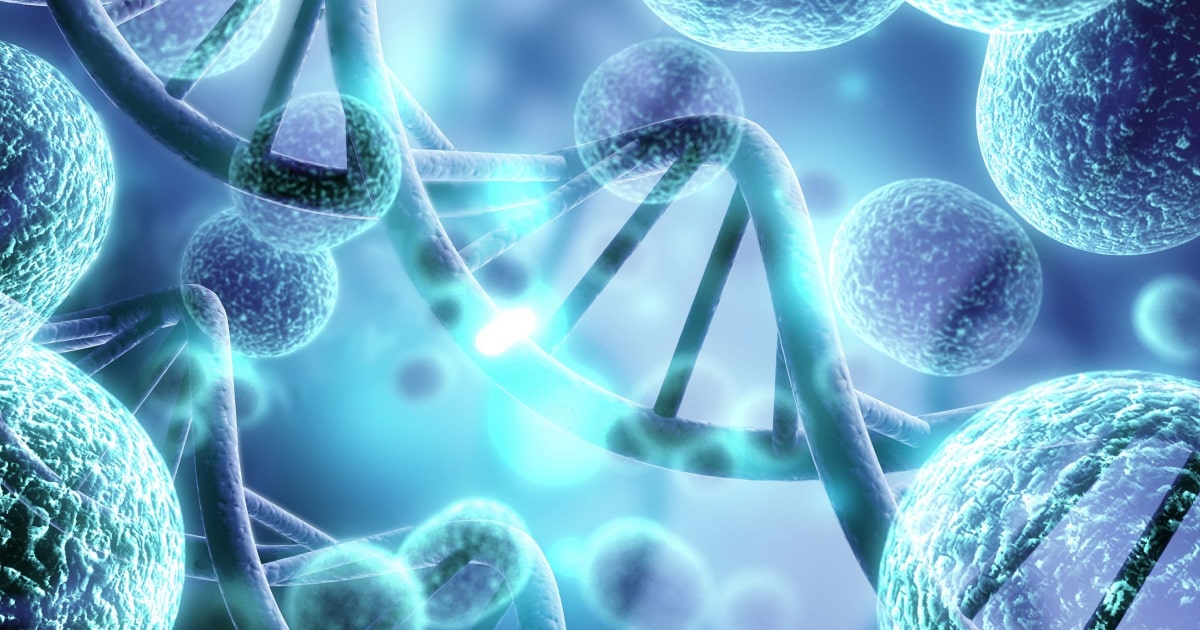
Expert Reviewed By: Dr. Brandon Colby MD
Understanding the Indian Blood Group System
The Indian Blood Group System is a unique and complex classification of blood groups, which plays a crucial role in blood transfusions, organ transplantation, and other medical procedures. This system is based on the presence or absence of specific antigens on the surface of red blood cells, which determine the compatibility between a donor's and a recipient's blood. The Indian Blood Group System is one of the many blood group systems that have been identified and studied worldwide, including the ABO, Rh, MNS, and Xg blood group systems [1] [2] [3] [4].
Diagnosing the Indian Blood Group System
Diagnosing an individual's blood group within the Indian Blood Group System involves serological testing and molecular typing. Serological testing detects the presence or absence of specific antigens on red blood cells, while molecular typing examines the genetic variations that encode these antigens. Advanced molecular typing platforms and gene-deletion variants have been developed to improve the accuracy and efficiency of blood group diagnosis [3].
Uses of Genetic Testing in Diagnosing the Indian Blood Group System
Genetic testing has several advantages in diagnosing the Indian Blood Group System. Some of these benefits include:
- Accuracy: Genetic testing provides a more accurate and reliable diagnosis of blood groups, as it examines the underlying genetic variations responsible for encoding specific antigens.
- Efficiency: Molecular typing platforms allow for high-throughput screening and rapid diagnosis of blood groups, which is essential for timely medical interventions.
- Identification of rare and novel blood groups: Genetic testing enables the discovery of rare and novel blood groups, which can be crucial for individuals with rare blood types requiring transfusions.
Genetic Testing for the Indian Blood Group System
Genetic testing for the Indian Blood Group System involves examining the specific genes responsible for encoding the antigens that define this blood group. The process includes:
- Collecting a blood sample from the individual.
- Extracting DNA from the blood sample.
- Analyzing the DNA sequence to identify genetic variations that encode the antigens of interest.
- Interpreting the results to determine the individual's blood group within the Indian Blood Group System.
Uses of Genetic Testing in Managing the Indian Blood Group System
Genetic testing plays a vital role in managing the Indian Blood Group System. Some of the key applications include:
- Blood transfusions: Genetic testing ensures the compatibility between a donor's and a recipient's blood, reducing the risk of adverse reactions and complications during blood transfusions.
- Organ transplantation: Identifying the blood group of organ donors and recipients is crucial for successful transplantation and minimizing the risk of organ rejection.
- Prenatal care: Genetic testing can help identify potential blood group incompatibilities between a mother and her unborn child, allowing for early intervention and management of potential complications.
- Research: Genetic testing contributes to our understanding of the Indian Blood Group System's genetic basis, leading to improved diagnostic and therapeutic strategies for individuals with rare blood types.
In conclusion, understanding, diagnosing, and using genetic testing for the Indian Blood Group System is essential for ensuring the safety and success of blood transfusions, organ transplantation, and other medical procedures. With advances in molecular typing platforms and gene-deletion variants, genetic testing has become a valuable tool in managing this complex blood group system [3].
About The Expert Reviewer
Dr. Brandon Colby MD is a US physician specializing in the personalized prevention of disease through the use of genomic technologies. He’s an expert in genetic testing, genetic analysis, and precision medicine. Dr. Colby is also the Founder of and the author of Outsmart Your Genes.
Dr. Colby holds an MD from the Mount Sinai School of Medicine, an MBA from Stanford University’s Graduate School of Business, and a degree in Genetics with Honors from the University of Michigan. He is an Affiliate Specialist of the American College of Medical Genetics and Genomics (ACMG), an Associate of the American College of Preventive Medicine (ACPM), and a member of the National Society of Genetic Counselors (NSGC)